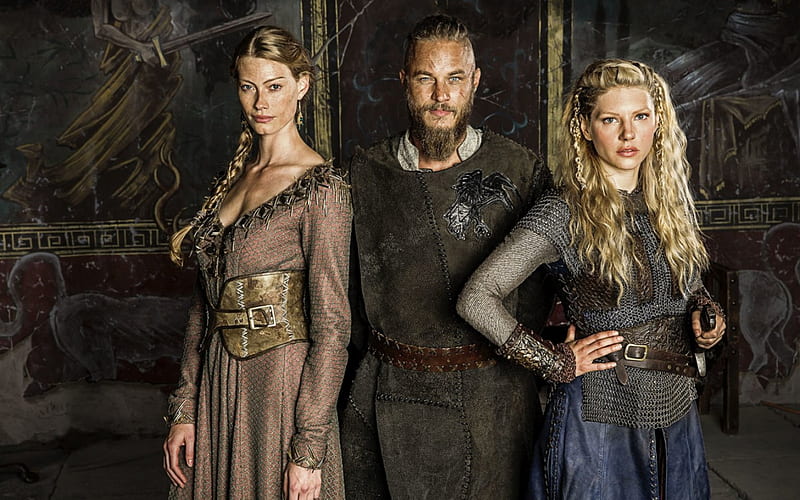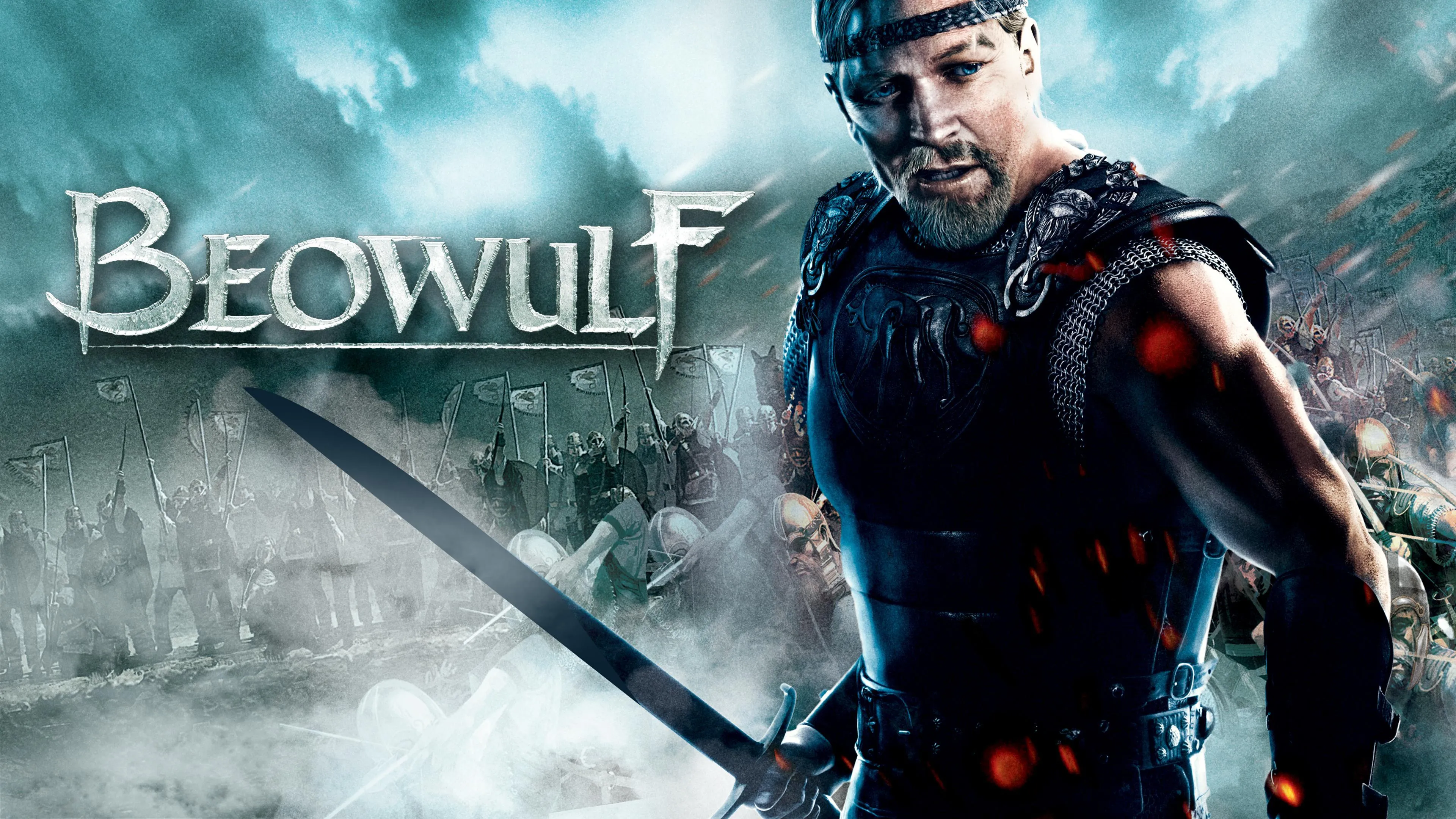Vikings (2013): A Saga of Blood, Glory, and Legacy
Premiering in 2013 on the History Channel, Vikings quickly captured global attention with its raw storytelling, historical inspiration, and compelling characters. Created by Michael Hirst, the series blends legend and fact to chronicle the rise of Norse hero Ragnar Lothbrok and the Viking Age’s explosive expansion across Europe. Spanning six seasons, Vikings explores themes of power, faith, family, and the cost of ambition in a brutal and ever-changing world.
The story begins in the late 8th century, as Ragnar Lothbrok (played by Travis Fimmel), a curious and ambitious farmer, dreams of exploring lands beyond the known seas. Defying the orders of his local chieftain, Earl Haraldson, Ragnar sets sail westward and discovers England — a land ripe for conquest and glory. This discovery ignites a series of raids that would forever change both Norse and European history. As Ragnar rises from warrior to king, he faces shifting alliances, betrayals, and personal tragedies that test his leadership and beliefs.

Travis Fimmel delivers a career-defining performance as Ragnar. His portrayal is layered with intensity, vulnerability, and wit, making him one of the most iconic television characters of the 2010s. Supporting characters like Lagertha (Katheryn Winnick), Ragnar’s fierce and independent shieldmaiden wife, and Floki (Gustaf Skarsgård), the eccentric shipbuilder and devout believer in the Norse gods, bring emotional complexity and cultural richness to the series. As the seasons progress, the show transitions its focus to the next generation, including Ragnar’s sons — Bjorn Ironside (Alexander Ludwig), Ivar the Boneless (Alex Høgh Andersen), and Ubbe (Jordan Patrick Smith) — each of whom carves their own path through the bloody politics of Viking and foreign lands.
Visually, Vikings is striking, with sweeping cinematography capturing the natural beauty of Scandinavia and the raw brutality of medieval warfare. The battle scenes are gritty and realistic, often shot with handheld cameras to immerse viewers in the chaos. The show's attention to detail in costume, shipbuilding, and religious rituals helps build a believable and immersive world, though it occasionally takes creative liberties with historical accuracy in favor of drama.

Religion and belief play a central role in Vikings, particularly the tension between the polytheistic Norse worldview and the rise of Christianity. Characters frequently wrestle with fate, prophecy, and the will of the gods, adding philosophical depth to the show's violent and unpredictable world. The series does not shy away from showing the brutal realities of the time, including political assassinations, treachery, and the toll of war on families and communities.
As a cultural phenomenon, Vikings helped usher in a wave of interest in Norse mythology and Viking history in popular media. It stands alongside series like Game of Thrones in scale and ambition, though it grounds its drama more firmly in history and legend. Though the final season aired in 2020, the legacy of Vikings lives on through its sequel series, Vikings: Valhalla, and its enduring fanbase.

Vikings (2013) remains a powerful saga of ambition, exploration, and the eternal clash between destiny and choice — a show that, much like its legendary warriors, leaves a lasting mark on the television landscape.


